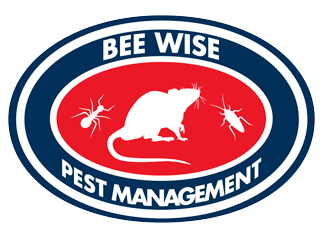Pests are unwelcome guests in any home, causing damage, spreading disease, and generally making life unpleasant. To keep them at bay, regular pest control is essential. But how often should you schedule these treatments to ensure your home remains pest-free without overdoing it? Let’s explore:
1. Assess Your Environment: The frequency of pest control treatments can vary depending on your location, climate, and the type of pests prevalent in your area. Homes in warmer climates or near wooded areas may require more frequent treatments compared to those in cooler climates or urban environments.
2. Regular Inspections: Conduct regular inspections of your home to detect any signs of pest infestation. Look for droppings, gnaw marks, nests, or strange odors that could indicate the presence of pests. Early detection allows for prompt action and can help prevent the need for extensive pest control measures later on.
3. Seasonal Considerations: Certain times of the year are more conducive to pest activity than others. For example, ants and mosquitoes are more prevalent during the warmer months, while rodents may seek shelter indoors during colder weather. Consider scheduling pest control treatments seasonally to address specific pest threats.
4. Type of Pest: Different pests require different approaches to control and prevention. Some pests, like cockroaches or bed bugs, may require more frequent treatments due to their resilience and ability to multiply rapidly. On the other hand, occasional invaders like occasional ants or spiders may only require periodic treatments.
5. Prevention Strategies: In addition to regular pest control treatments, implementing preventive measures can help reduce the likelihood of infestations. Seal cracks and crevices, keep food stored securely, maintain cleanliness, and eliminate standing water sources to make your home less attractive to pests.
6. Professional Guidance: Consult with a pest control professional to develop a customized treatment plan tailored to your specific needs and circumstances. They can assess your home, identify potential risk factors, and recommend an appropriate schedule for pest control treatments.
7. Follow-Up Treatments: After an initial pest control treatment, follow-up treatments may be necessary to ensure long-term effectiveness. These follow-up appointments can help address any remaining pest activity and reinforce preventive measures to minimize the risk of future infestations.
Regular pest control is vital for maintaining a pest-free home and protecting your family’s health and well-being. By assessing your environment, conducting regular inspections, considering seasonal factors, and implementing preventive measures, you can determine the appropriate frequency for pest control treatments. Consultation with a professional pest control service can provide valuable guidance in developing a comprehensive pest management plan tailored to your specific needs. Remember, a proactive approach to pest control is key to keeping your home safe and comfortable year-round.







